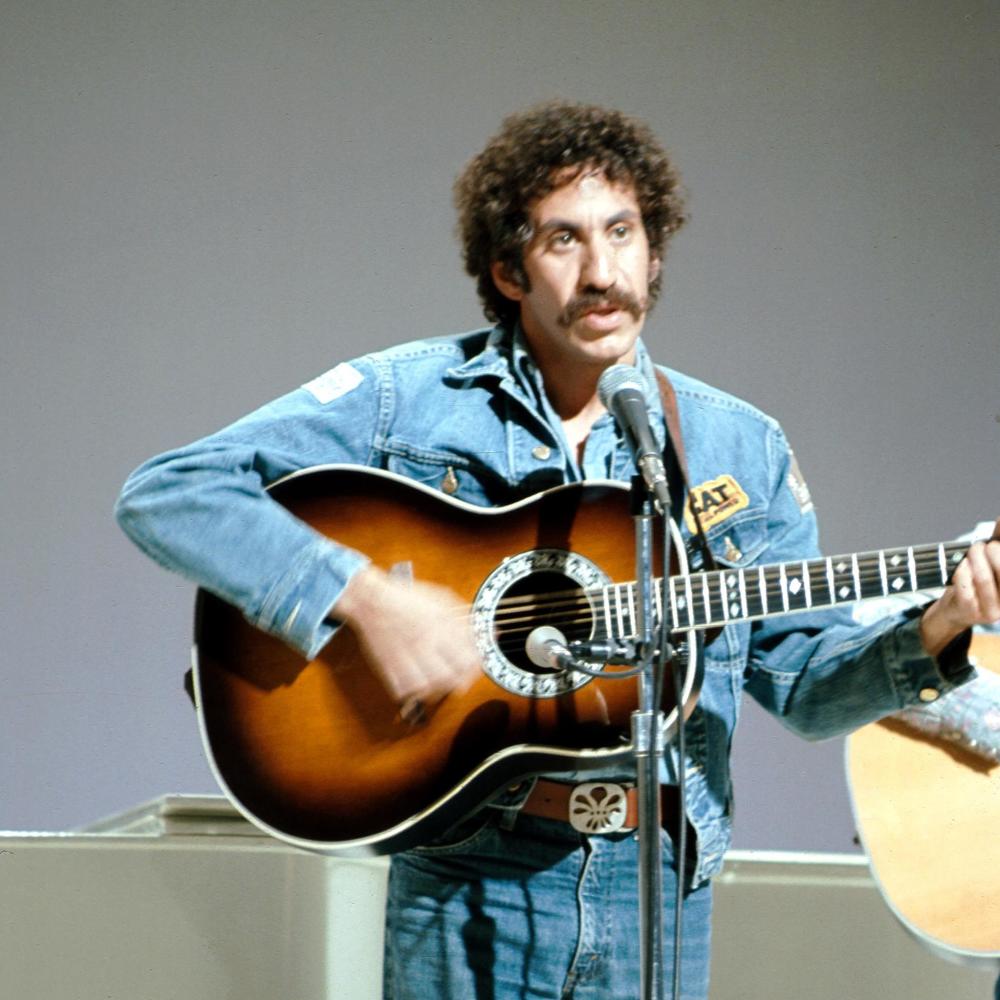
Timeless Serenade: Jim Croce’s “I’ll Have to Say I Love You in a Song”
In the tapestry of timeless love songs, Jim Croce’s “I’ll Have to Say I Love You in a Song” holds a special place. Released posthumously in 1974, the song encapsulates the bittersweet essence of unspoken love and the power of music to express what words sometimes fail to convey. Croce’s signature blend of heartfelt lyrics, gentle melodies, and soulful vocals creates a poignant ballad that resonates deeply with listeners across generations.
The song opens with a late-night confession, setting an intimate tone. The narrator, hesitant and perhaps a bit awkward, admits their struggle to articulate their feelings directly. This relatable scenario strikes a chord with anyone who has ever grappled with the complexities of expressing love. The chorus then reveals the narrator’s solution: to convey their emotions through the medium of song. This simple yet profound idea underscores the transformative power of music, capable of bridging the gap between the heart and the spoken word.
Croce’s lyrics are imbued with a sense of sincerity and vulnerability. He paints a vivid picture of the narrator’s internal conflict, their yearning to express their love juxtaposed with their fear of rejection or misinterpretation. The repetition of phrases like “Every time I tried to tell you, the words just came out wrong” further emphasizes this struggle, creating a sense of emotional authenticity that listeners can readily connect with.
The song’s gentle melody and Croce’s warm vocals enhance the emotional impact of the lyrics. The acoustic guitar accompaniment provides a soothing backdrop, allowing the listener to focus on the heartfelt message. Croce’s voice, filled with both tenderness and a touch of melancholy, perfectly captures the narrator’s conflicted emotions.
“I’ll Have to Say I Love You in a Song” transcends its simple narrative to explore universal themes of love, communication, and the human condition. The song reminds us that even the most profound emotions can be difficult to express, and that sometimes, music provides the most eloquent means of communication. Croce’s timeless ballad continues to resonate with listeners today, serving as a reminder of the enduring power of love and the transformative magic of music.